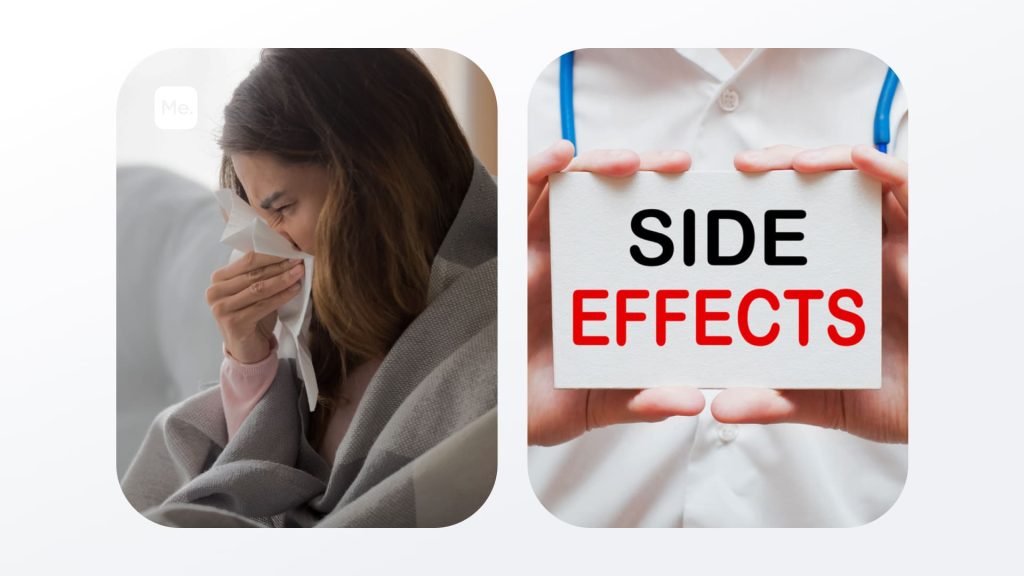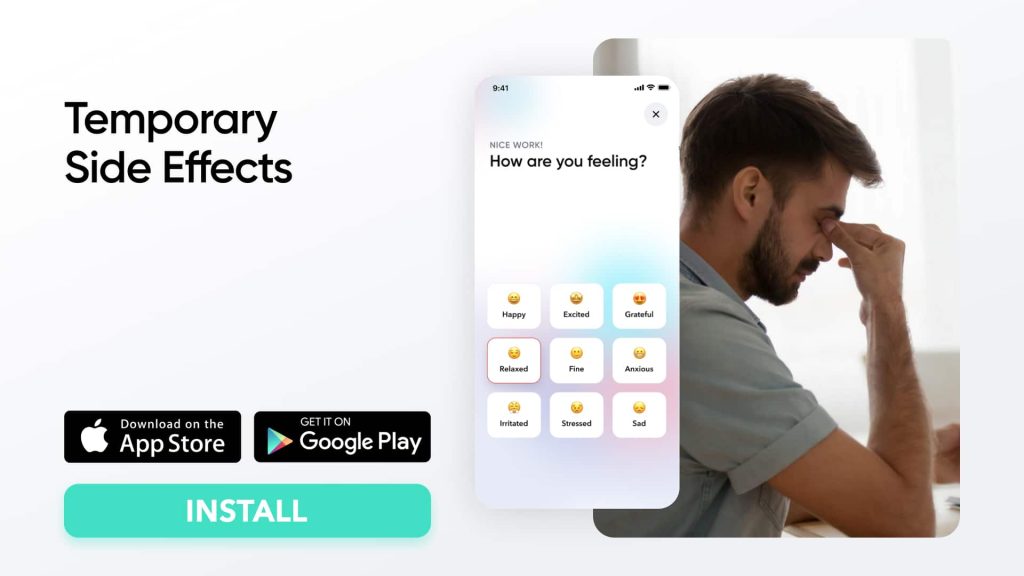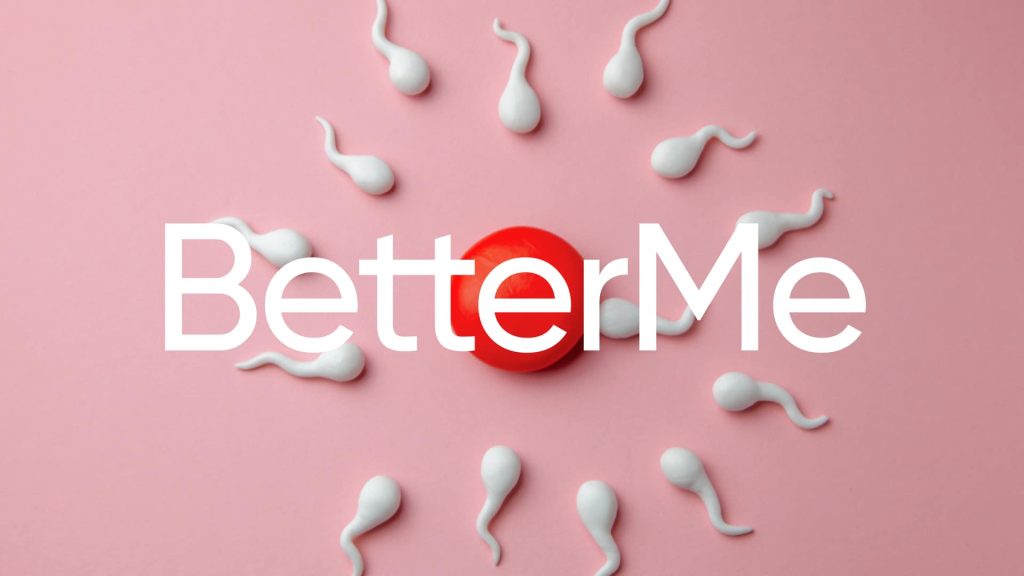Benifits of an 800 Calorie Diet
Can the 800 calorie diet help you lose weight and belly fat? Is the 800 calorie diet really safe and sustainable for everyone? What should you eat while on the 800 calorie diet and how much weight could you lose while on this eating plan? Check out this article to learn more about this meal plan.

The 800 calorie diet is a very-low-calorie diet that promises quick weight loss results to anyone taking part in it. Very low calorie diets should only be attempted when recommended and supervised closely by a physician. This eating plan requires people to eat 800 calories a day for a specified amount of time. For the most part, people will need to follow this eating plan until they achieve their weight loss goals, which may be in preparation for surgery or for some other medical reason.
What To Eat On A 800-Calorie Diet: The 800 Calorie Diet Menu
Like any other eating plan available, the 800 calorie diet plan must be formulated in a way that incorporates all food groups. This is not only for achieving weight loss, but also because consuming all food groups is essential for good health.
Here are some foods that must be included in an 800 calorie diet plan
-
Complex Carbohydrates
These include foods such as whole wheat, brown and wild rice, oats, and quinoa, among others. Not only do they have more nutrients than simple/refined carbohydrates, but they also have more fiber, making them more filling and great for digestive and heart health ( 19 ).
Read More: Unhealthy Weight Loss Can Undermine Your Health! Learn Safe Ways To Shed Pounds

-
Dark Leafy Greens
Popular examples of dark leafy greens include bok choy, arugula, Swiss chard, kale, collard greens, and romaine lettuce. Not only are these greens low in calories, carbs, sodium, and cholesterol, but they also have high levels of fiber, iron, magnesium, potassium, and calcium ( 7 ).
-
Fruits
Some low-calorie fruits that will not cause an overflow beyond the 800 calorie diet restriction include examples such as lemons, strawberries, grapefruit, black berries, blueberries, and pineapples, among others. These fruits are excellent sources of essential vitamins and minerals; they are high in fiber, and also provide a wide range of health-boosting antioxidants ( 22 ).
BetterMe app will provide you with a host of fat-frying fitness routines that'll scare the extra pounds away and turn your body into a masterpiece! Get your life moving in the right direction with BetterMe!

-
Lentils And Legumes
They are naturally low in fat, are practically free of saturated fat, and provide fiber, protein, complex carbohydrates, B vitamins, iron, copper, magnesium, manganese, zinc, and phosphorus ( 13 ). They are also quite filling and take longer to digest, thus they will help keep you from exceeding your caloric deficit.
-
Lean Proteins
Proteins are a big part of very-low-calorie diets. A high protein diet helps with weight loss by increasing the satiety hormones while reducing levels of the hunger hormone, ghrelin. Proteins also boost your metabolism, making you burn calories faster ( 11 ). Lean proteins are better since they have less saturated fat.
-
Oily Fish
Examples of these include trout, tuna, salmon, mackerel, herring, sardines, and pilchards. They are rich in protein and omega-3 polyunsaturated fatty acids, which help reduce inflammation and may also prove beneficial in lowering the risk of heart disease, cancer, and arthritis.
-
A Variety Of Vegetables
Dark leafy greens are not the only veggies that you should consume on the 800 calorie diet. It would be best if you tried to fill your shopping cart with as many vegetables and fruits as you can. A diet rich in vegetables and fruits can help lower blood pressure, reduce the risk of heart disease and stroke, prevent some types of cancer, lower risk of eye and digestive problems, and positively affect blood sugar levels, which can help keep one's appetite in check ( 24 ).

What Is A Good 800-Calorie Diet?
Irrespective of the many promises of weight loss through this eating plan, there is no good formulation of an 800 calorie diet plan. This is because the 800 calorie diet is classified as a Very-Low-Calorie diet (VLCD). Very-low-calorie diet plans are rapid weight loss plans that are incredibly restrictive for anyone participating in them. Due to this fact, there is no doctor or dietitian that would recommend such an eating plan to most people. However, there are some exceptions to the rule.
The 800 calorie diet could be used as a short-term weight loss plan for obese and severely obese patients who are managing diabetes, going to have surgery or preparing for fertility treatment. It should be noted that even in these cases, these people are highly monitored by doctors in case of any complications ( 26 ). Another important point to note is that this diet is not for anyone with a BMI that is between 27 and 30. It is exclusively reserved for persons with a BMI of 30 or higher. The only time that anyone with a BMI of 27 to 30 would be placed on an 800 calorie diet plan would be if he/she has a medical condition related to their weight, such as diabetes or high blood pressure.
Read More: Different Types Of Diets: The Lowdown On The Most Talked-About Weight Loss Strategies
Is The 800-Calorie Diet Safe?
No, it is not. As a general rule, men and women require about 2500 and 2000 calories, respectively, to maintain weight. You should note that this is not a standard number as your recommended daily caloric intake is determined by weight, ages, height and level of physical activity( 23 ). When trying to lose weight, it is advisable to cut your daily caloric intake by 500 to 1000 calories a day and nothing more. This can help you lose 1 to 2 pounds a week ( 6 ). However, even with a calorie deficit, your daily caloric intake should not fall to 800 calories a day.
According to the Harvard Medical School, the least number of calories that one can consume a day while trying to lose weight is 1,200 a day for women and 1,500 a day for men ( 5 ). In light of this, the 800 calorie diet is not a safe eating plan for anyone unless they are under medical supervision. This eating plan should also not be recommended for children or teens. Concerning older people, the 800 calorie diet is also not normally recommended to them due to certain potential side effects, pre-existing medical conditions, and/or medication needs ( 29 ).

What Are Some Side Effects Of An 800-Calorie Diet?
Here are some side effects that you might experience while on the 800 calorie diet plan
-
Increased Risk Of Illnesses
This is especially linked to the 800 low carb diet. While low carb diets have been praised for aiding weight loss and lowering blood pressure, and improving blood glucose control in many people, these results are usually short-lived. When followed for a long time, such diets increase the risk of death due to cardiovascular disease, cerebrovascular disease, and cancer.
This has been linked to the reduced intake of fiber and fruits and simultaneously increased intake of animal protein, cholesterol, and saturated fat in such diets ( 15 ). The 800 calorie low carb diet makes matters worse since it is extremely restrictive with how much food you can eat in a day.
-
Nutrient Deficiencies
A low carb eating plan like the 800 calories low carb diet could lead to common nutrient deficiencies of nutrients such as calcium, Vitamin C, iron, Vitamin D, magnesium, Vitamin E, folate, and thiamin (Vitamin B1) ( 2 ), among others.
These nutrient deficiencies can lead to a weak immune system, muscle weakness, hair loss and scaly skin, abnormal heart rhythms, reduced bone strength, and an increased risk of fractures ( 1 ). Even if your 800 calorie diet was not low in carbs, you could also not be consuming enough protein. A lack of enough protein in your diet could lead to swelling, fatty liver, skin degeneration, the increase and severity of infections, and muscle wasting ( 3 ).

-
Temporary Side Effects
Some temporary but not life-threatening side effects of the 800 calorie diet and other VLCDs include fatigue, constipation, nausea, and diarrhea ( 27 ).
-
Higher Risk Of Gallstones
A one-year comparative study done in Sweden showed that people living on a very-low-calorie diet are three times more likely to get gallstones than those living on a low-calorie diet ( 18 ). Gallstones can form in the gallbladder when bile hardens into a stone-like material, which can happen if there is too much bile salts, cholesterol, or bilirubin in it.
Other than low-calorie diets, gallstones are also caused by obesity, diets high in refined carbohydrates and fats, and rapid weight loss ( 28 ). Women considering the 800 calorie diet plan should note that gallstones are more likely to occur in them than in men.
-
It Can Lower Your Metabolism
Metabolism is a series of chemical reactions in a living organism that creates and breaks down energy necessary for life. In layman's terms, it is the process by which your body converts what you eat and drink into energy. People with a high or fast metabolism will burn more calories at rest and during activity while those with a slow metabolic rate will burn fewer calories at rest and during movement or exercise ( 9 ).
Betterme will keep you laser-focused on your weight loss journey! Nutrient-packed meal plans, fat-blasting workouts, galvanizing challenges and much more. Try using the app and see for yourself!
People with slower rates of metabolism are advised to eat less to counter it; however, eating too little leads to the opposite of the desired results. Multiple studies have shown that low-calorie diets can decrease the number of calories the body burns by as much as 23% ( 1 ). The worst part is that this effect does not necessarily stop once you stop dieting. In some cases, your metabolism can remain at a slowed rate for up to 6 years after your very-low-calorie diet plan ( 17 ).

-
May Reduce Fertility
The luteinizing hormone (LH) is a reproductive hormone made in the pituitary gland that affects both male and female reproductive systems. Without an increase in estrogen and luteinizing hormone in the body, a woman may not ovulate every month. A clinical trial done in 2003 showed that women who ate less disrupted the LH pulsatility in their bodies ( 16 ).
-
May Weaken Your Bones
An 800 calorie diet may also reduce your estrogen levels. Low estrogen levels can cause weight gain and trigger loss of bone mass in exercising women ( 21 ). Bone turnover – the process of resorption followed by replacement by new bone with little change in shape – in younger women can also be affected by such a restrictive eating plan ( 10 ).
-
You Are Likely To Regain All The Weight Back
Crash dieting and very-low-calorie diets are famous for being very unsustainable. Most of us would not be able to sustain an 800 calorie diet plan for more than a week, let alone for a whole month without medical support.
This means that eventually, you will have to quit the diet and go back to your normal eating habits. Since this way of eating is quite restrictive, you are very likely to binge eat all the wrong foods, which will lead back to weight gains within 6 months of stopping your diet ( 30 ).
On the other hand, such diets do not teach you anything about clean and healthy eating, meaning you are most likely to go back to unhealthy eating habits, which too, lead to weight gain.
-
Could Lead To Binge-Eating Disorder
Binge eating disorder (BED) is a serious eating disorder in which patients frequently consume unusually large amounts of food and feel unable to stop eating ( 4 ). A 3 month research done on obese female subjects showed that 30% of the women who were initially not binge eaters had started binge eating after the very-low-calorie diet program ended. On the other hand, 62% of the women who were originally binge eaters continued to report the recurrence of binge eating episodes ( 20 ).

800-Calorie Diet: How Much Weight Loss?
The information on the 800 calorie weight loss results differs. Some sources claim that the average weight loss on a very low-calorie diet is 1 to 3 pounds a week ( 25 ). On the other hand, others promise a loss of about 3 to 5 pounds per week ( 27 ). However, these are just estimations. Weight loss is not dependent on diet alone but on several factors such as the starting weight, usual eating habits, exercise, metabolism, etc.
If you lost an average of 3.5 pounds a week, this would equate to an 800 calorie diet weight loss of 14 pounds (6kgs) a month.
14 pounds * 3 months = 42 pounds lost in 12 weeks (19 kgs)
While these 800 calorie diet weight loss may tempt you to try this eating plan, please remember that this is not only dangerous but also rapid weight loss results are hard to maintain in the long run. According to the CDC, a gradual and steady weight loss of 1 to 2 pounds per week is easier to maintain ( 14 ). This is achieved through a calorie deficit of 500 to 1,000 calories a day – 3500 to 7000 cals a week – and exercising for at least 30 minutes a day.
How Much Fiber In A 800-Calorie Diet?
People are advised to eat more fiber because dietary fiber normalizes bowel movement, lowers cholesterol levels, controls blood sugar levels, aids in achieving weight loss goals and helps us live longer by reducing the risk of dying from cardiovascular disease and all cancers ( 8 ).
However, despite all these benefits of dietary fiber, many people do not consume enough of it per day. Most people consume about 15 g of fiber per day, while the recommended daily amount should be 25 to 30 grams ( 12 ). This amount should come from food and not supplements.
Since this eating plan is extremely restrictive, you may find it even harder to have enough fiber in a 800 calorie diet. Foods that help increase your daily intake of dietary fiber include fruits, popcorn, vegetables, and whole-grains.
The Bottom Line: Is The 800-Calorie Diet Worth It For Weight Loss?
No, it is not. Not only does it require medical supervision for it to work effectively, but it has multiple side effects that could be life-threatening if left unchecked. We would not advise anyone to try an 800 calorie diet. If you are looking to shed some weight, please see a doctor or dietitian and they can advise you on the best and healthiest eating plan for effective and sustainable weight loss.

DISCLAIMER:
This article is intended for general informational purposes only and does not address individual circumstances. It is not a substitute for professional advice or help and should not be relied on to make decisions of any kind. A licensed physician should be consulted for diagnosis and treatment of any medical conditions. Any action you take upon the information presented in this article is strictly at your own risk and responsibility!
SOURCES:
- 5 Ways Restricting Calories Can Be Harmful (2017, healthline.com)
- 8 Common Nutrient Deficiencies on a Low-Carb Diet (2019, verywellfit.com)
- 8 Signs and Symptoms of Protein Deficiency (2017, healthline.com)
- Binge-eating disorder (2018, mayoclinic.org)
- Calorie counting made easy (n.d, health.harvard.edu)
- Counting calories: Get back to weight-loss basics (2020, mayoclinic.org)
- Dark Green Leafy Vegetables (2016, ars.usda.gov)
- Dietary fiber: Essential for a healthy diet (2018, mayoclinic.org)
- Does Metabolism Matter in Weight Loss? (2015, health.harvard.edu)
- Dose-response relationships between energy availability and bone turnover in young exercising women (2004, pubmed.ncbi.nlm.nih.gov)
- How Protein Can Help You Lose Weight Naturally (2017, healthline.com)
- Increasing Fiber Intake (n.d, ucsfhealth.org)
- Legumes: Health Benefits and Culinary Approaches to Increase Intake (2015, ncbi.nlm.nih.gov)
- Losing Weight (2020, cdc.gov)
- Low-carb diets 'are unsafe and should be avoided' (2018, medicalnewstoday.com)
- Luteinizing hormone pulsatility is disrupted at a threshold of energy availability in regularly menstruating women (2003, pubmed.ncbi.nlm.nih.gov)
- Persistent metabolic adaptation 6 years after "The Biggest Loser" competition (2016, pubmed.ncbi.nlm.nih.gov)
- Risk of symptomatic gallstones and cholecystectomy after a very-low-calorie diet or low-calorie diet in a commercial weight loss program: 1-year matched cohort study (2013, pubmed.ncbi.nlm.nih.gov)
- Simple Carbohydrates vs. Complex Carbohydrates (2020, healthline.com)
- The effects of a very low calorie diet on binge eating (1993, sciencedirect.com)
- The presence of both an energy deficiency and estrogen deficiency exacerbate alterations of bone metabolism in exercising women (2008, pubmed.ncbi.nlm.nih.gov)
- Top 12 healthful fruits (2019, medicalnewstoday.com)
- Understanding calories (2019, nhs.uk)
- Vegetables and Fruits (n.d, hsph.harvard.edu)
- Very Low Calorie Diet (VLCD) (n.d, uclahealth.org)
- Very low calorie diets (2019, nhs.uk)
- Very Low-Calorie Diets: What You Need to Know (2018, webmd.com)
- What Are Gallstones? (2019, verywellhealth.com)
- What Is a Very Low-Calorie Diet? (2020, verywellfit.com)
- Which is better for weight loss — cutting calories or increasing exercise? (2020, mayoclinic.org)
Benifits of an 800 Calorie Diet
Source: https://betterme.world/articles/800-calorie-diet/

0 Response to "Benifits of an 800 Calorie Diet"
Post a Comment